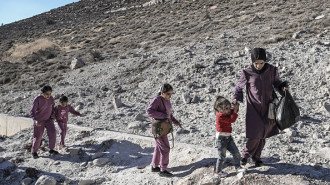In Egypt, an outpouring of solidarity with Lebanon
Egypt's artists have expressed solidarity with Lebanon, with parts of the fellow Arab state reeling under Israeli attacks, creating a major displacement crisis, especially in the southern part of Lebanon.
Over the past few days, since Israeli aggressions on Lebanon started, Egyptian artists used various media to express this solidarity and denounce Israeli actions in a country they consider another home.
Famous actress Yasmine Abdel Aziz ran a story on her Instagram account, showing the back of two fighters, one of them wearing the distinctly patterned black-and-white Palestinian keffiyeh, and the other apparently a Lebanese fighter.
In front of the two fighters, the flags of Lebanon and militant group Hezbollah fluttered on one side of a road full of devastation and the Palestinian flag on the other.
"From Gaza to Lebanon … Your wounds are ours, your blood is ours," Abdel Aziz wrote.
Among many other Egyptian artists reacting to developments in Lebanon, female singer Sherine Abdel Wahab reposted on her social media accounts her 2006 song, Lebanon in my heart.
The Egyptian female vocalist released the song, for the first time, following Israel's 2006 military campaign against southern Lebanon.
Meanwhile, Head of the Artists' Syndicate, the independent guild of the nation's cinema workers, Ashraf Zaki, was keen to deliver a message of support for the Lebanese people.
"Lebanon is inseparable from Egypt," Zaki told a local television channel.
He said that Egypt's artists would organize a protest in the coming few days against Israeli attacks in Lebanon.
'Fury against Israel'
Anger among Egypt's artists against Israeli aggressions in Lebanon is rooted in deep cultural and artistic connections between the Egyptian and Lebanese peoples.
A sizeable number of Egyptian movies were shot in Lebanon and Lebanese artists are household names in Egypt.
Ordinary Egyptians are also expressing solidarity, writing up a storm of comments on social media about events in Lebanon and decrying Western support to Israel as it pounds parts of yet another Arab nation.
Egypt's professional unions, political parties and legislature have also joined in, calling on the Egyptian government to take action to support the Lebanese people.
The Medical Association, the union of the nation's medical doctors, said it is putting together a sizeable amount of aid to send to Lebanon.
"We are making plans to also support medical teams in southern Lebanon," Syndicate Head, Dr Osama Gharib, told The New Arab.
The Medical Association has been especially active in the past months in sending medical aid to Gaza, something it was keen to do in the past years since the coastal Palestinian territory became the target of a crippling Israeli siege since 2007.
Egyptian lawmakers also lashed out at Israeli attacks in Lebanon, calling for a firm international stance against what they described as "Israeli intransigence and disregard for international law".
"There must be an immediate end for Israeli violations against the Lebanese people and Lebanese sovereignty," Gen. Ibrahim al-Masri, the head of the Committee on Defence and National Security in the House of Deputies (lower chamber of parliament), told TNA.
High-level contacts
This outpouring of public support comes against the background of official Egyptian opposition to Israeli attacks against Lebanon.
Egypt has already warned against widening the scope of the conflict, expressing fears that the assassination of Hezbollah chief Hassan Nasrallah and Israeli attacks in Lebanon may open the door for a full-scale regional war.
On September 29, Egyptian Foreign Minister, Badr Abdel Ati, said Egypt was in contact with various regional and international parties to prevent the current situation from escalating into a regional war.
He also rejected Israeli measures that may create a new status quo in Lebanon, referring to probable Israeli plans to reoccupy parts of southern Lebanon.
On September 28, Egyptian President Abdel Fattah al-Sisi talked on the phone with Lebanese Prime Minister, Najib Mikati, and expressed support and solidarity.
He also ordered the Egyptian government to send immediate humanitarian and medical aid to Lebanon.
On October 6, a plane loaded with tens of tonnes of humanitarian and medical aid took off to Beirut from Cairo.
The aid included medical supplies, tents and blankets that would meet needs in some Lebanese hospitals and areas deeply affected by Israeli attacks, according to the Egyptian presidency.
President Sisi also held a series of phone conversations with a wide range of regional and international leaders on means of putting a lid on the escalation in Lebanon, including on October 1 with Iraqi Prime Minister, Mohammed Shia al-Sudani.
The Egyptian president underscored during his conservation with the Iraqi premier Egypt's rejection of violations against Lebanon's sovereignty.
Hand-tied
Israeli attacks in Lebanon come hard on the heels of a year-long campaign in Gaza where the Israeli army has so far killed over 41,000 people, mostly children and women, injured tens of thousands of others and left Gaza in total ruin.
This sequence of regional events gives people here the feeling that Israel is systematically targeting one Arab country after another and that their country can be next.
This is especially true in the light of tensions between Cairo and Tel Aviv against the background of purported Israeli plans to displace the residents of Gaza into Sinai, Egypt's north-easternmost territory which shares borders with Israel and Gaza.
Together with Qatar and the US, Egypt, which enjoys good contacts with the Gaza-ruling Hamas and Israel, has been trying to mediate a ceasefire and a prisoner/hostage swap deal in Gaza.
Nevertheless, Egypt does not enjoy the same leverage in Lebanon, which is why the current war in the fellow Arab country is challenging for Cairo.
While Egypt maintains close contacts with the Lebanese government and the Lebanese parliament, it has little influence on the parties moving the strings in the battlefield, namely Hezbollah and its main sponsor, Iran.
This is why, political analysts in Cairo said, Egypt's role – at least for the time being – will be limited to sending humanitarian and medical support.
"Egypt will find it challenging to copy its Gaza mediation role in Lebanon," Emad Gad, the deputy head of local think tank Ahram Centre for Political and Strategic Studies, told TNA.
"France, the US and Iran have more leverage and are more capable of changing the course of events there," he added.
![Egypt's Foreign Minister Badr Abdelatty described the Israeli aggression as a blatant violation of Lebanon's sovereignty. [Getty]](/sites/default/files/styles/large_16_9/public/71545303.jpeg?h=327453ef&itok=4AwEZz9x)
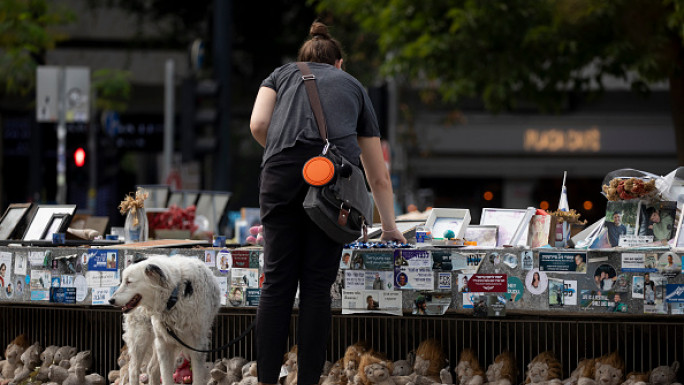
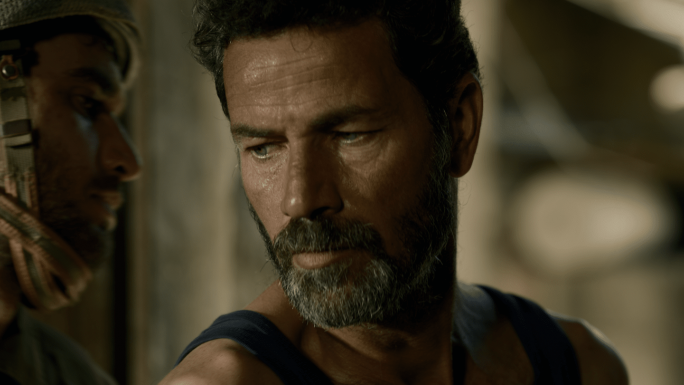
![The protest took place outside the White House, the US's seat of power [Getty]](/sites/default/files/styles/image_684x385/public/148770684.jpeg?h=e71d2955&itok=YRSMW-Za)
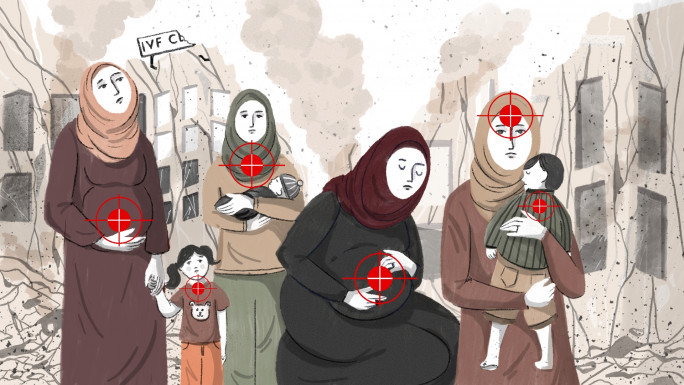
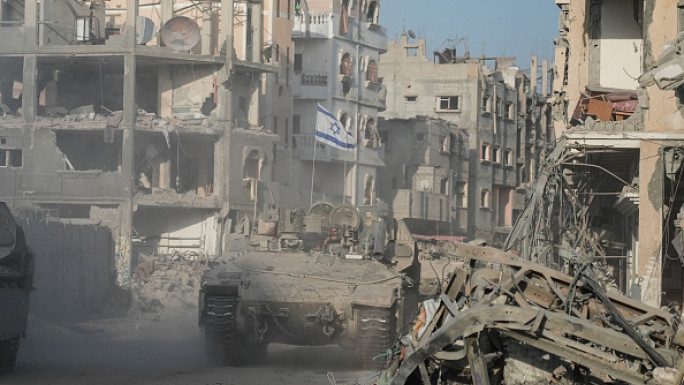
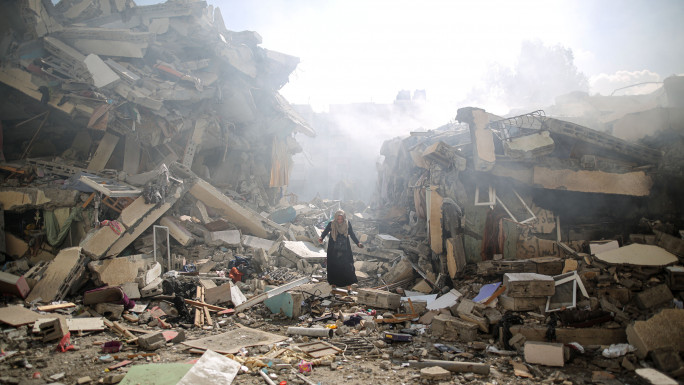

![Lebanon kicks off renowned Baalbek music festival [AFP] Lebanon kicks off renowned Baalbek music festival [AFP]](/sites/default/files/styles/image_330x185/public/media/images/78B7EF29-7112-4567-85CC-D0A28596B8F8.jpg?h=d1cb525d&itok=ZDzwoWGn)
